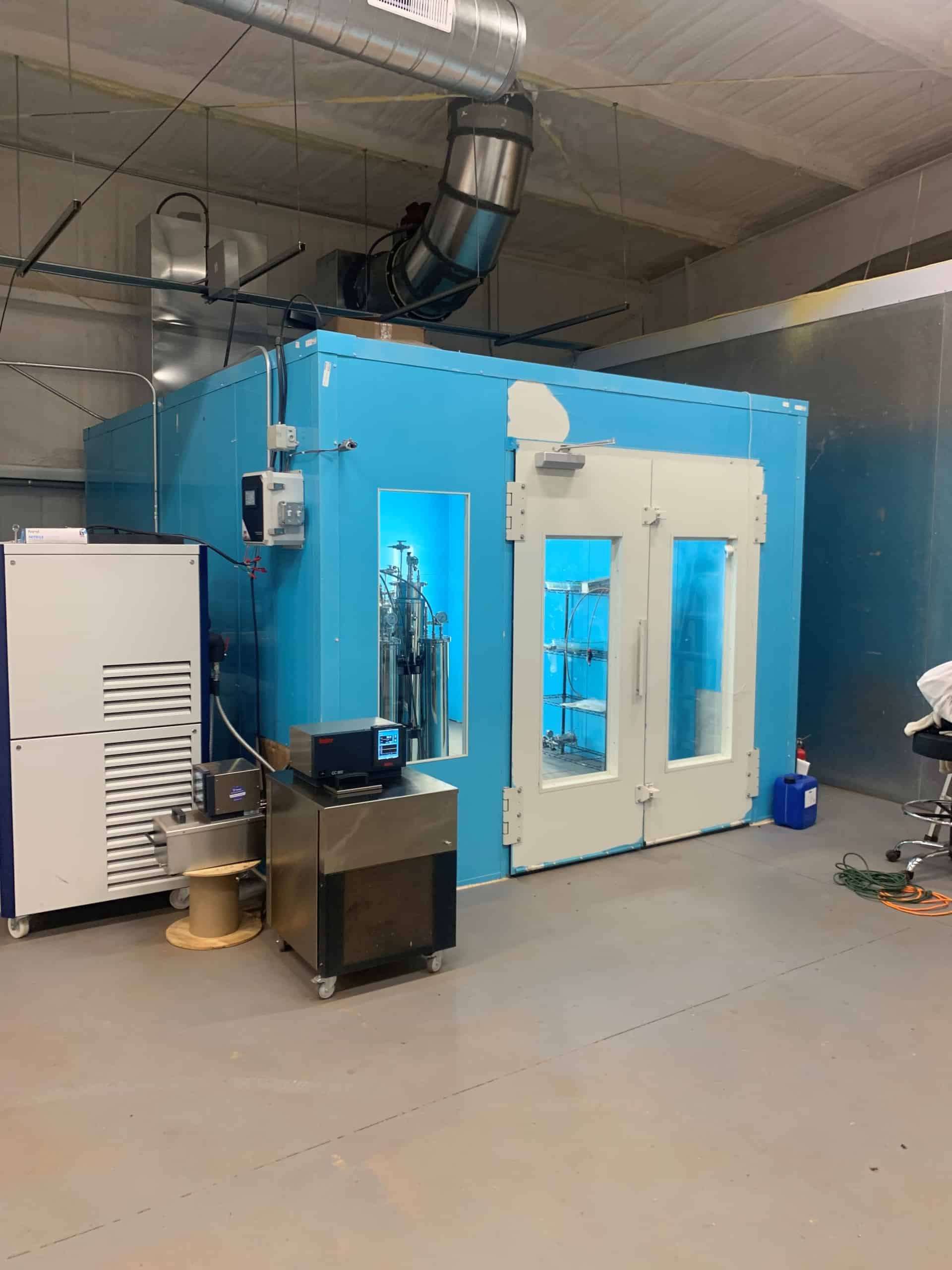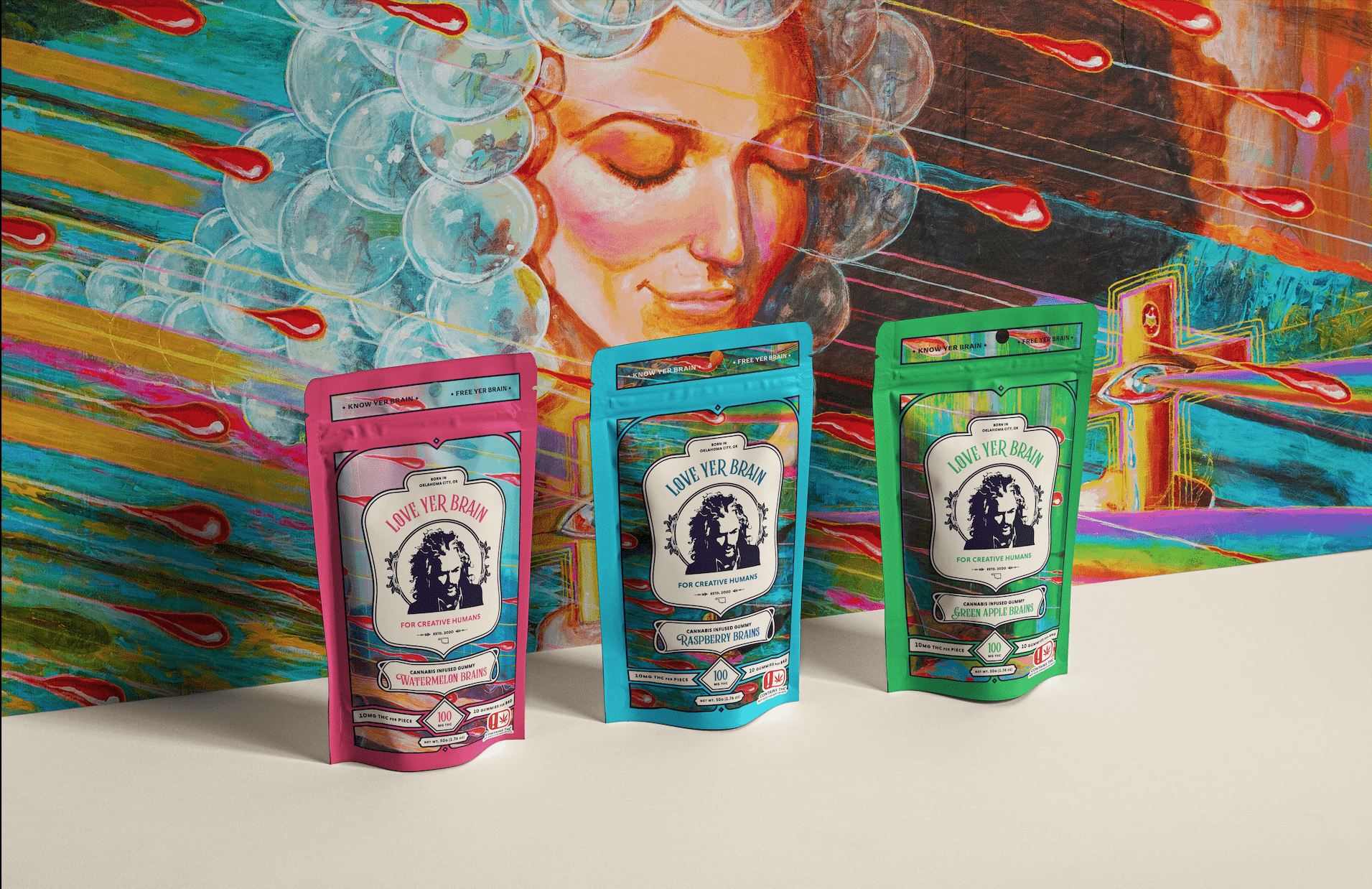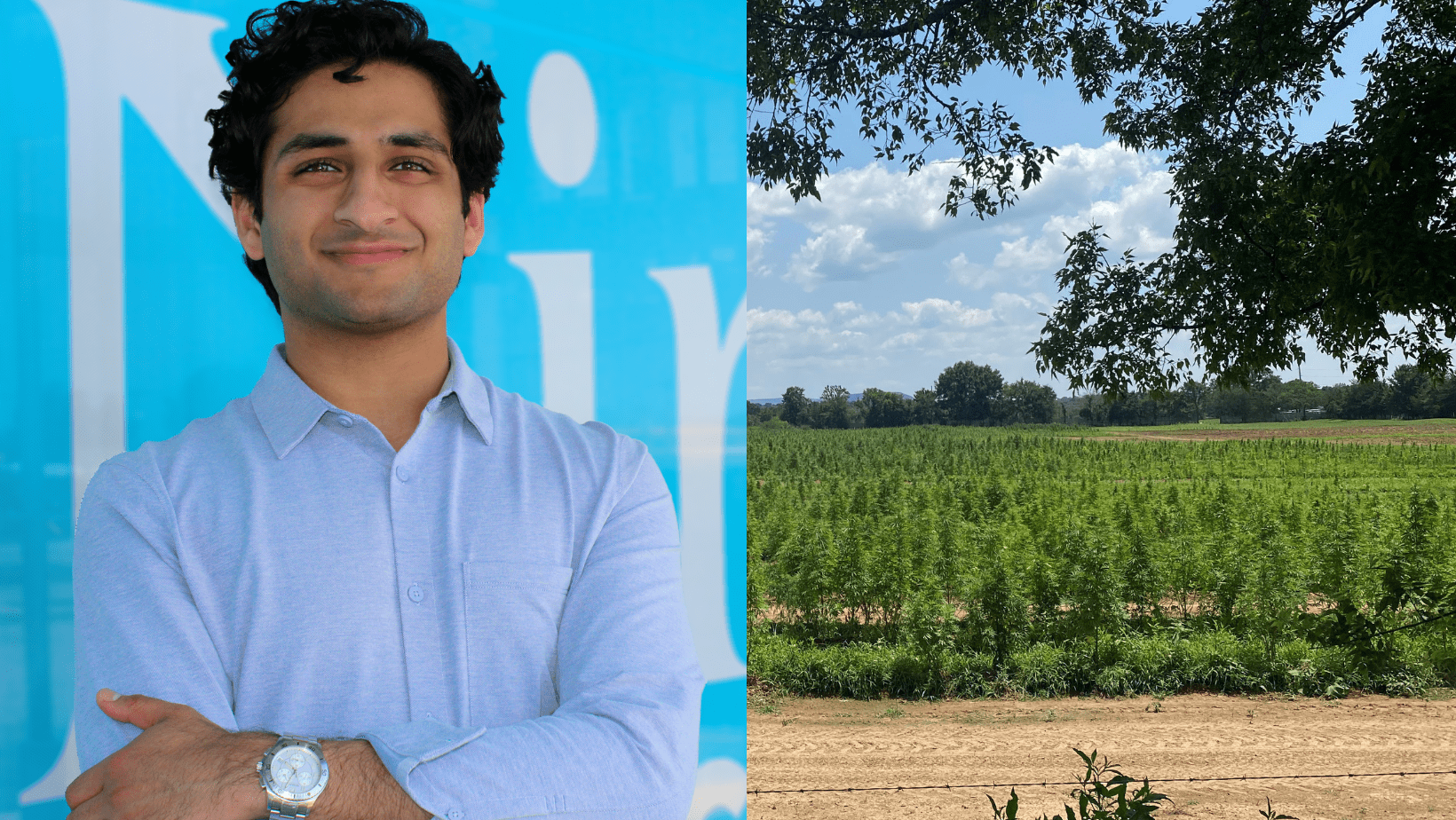What started as a small tobacco shop is now a vertically integrated cannabis company on the cusp of exploding as Oklahoma voters decide whether to legalize adult-use marijuana during a special election in March.
Founded as a single store called Nirvana Smoke Shop in Tulsa in 2011, The Nirvana Group has blossomed into a diversified cannabis operation with five dispensaries, a thirty-acre cultivation facility, two distribution facilities, and three manufacturing operations.
When medical marijuana was legalized in 2018, Nirvana Group founders Imran and Gulzar Lasi realized running the smoke shop gave them a foothold in the cannabis industry. With the help of their son Arshad, the Lasis applied for licenses.

“We’d seen the green revolution happening in California and heard about the promise of Colorado, Washington, and Oregon,” said Arshad Lasi, who at the time was a senior majoring in marketing and management at the University of Houston. “We thought it was the end of prohibition and the start of something new.”
Today, The Nirvana Group has about 150 employees, 95 percent of whom are full time, and the company encourages advancement from within.
Oklahoma’s medical cannabis industry quickly attracted people from outside the state. Business licenses cost just $2,500. By comparison, Arkansas has a $100,000 license fee and $500,000 performance bond.
Under Oklahoma’s liberal licensing laws, regulators permitted more than 2,000 medical marijuana dispensaries – and 13,000 businesses licenses overall — to open in the state, resulting in a glut of cannabis businesses that compete fiercely in a market with around 370,000 patients.
“Oklahoma is pretty saturated,” Lasi said. “There are a lot of business owners and a limited number of patients. Everyone wants a larger consumer base and to support canna tourism — that will allow us to raise prices.”
Because of a recent state Supreme Court decision, Oklahoma wasn’t among the states that had a chance to legalize adult-use cannabis in the November election. Oklahoma voters will have the opportunity to approve recreational marijuana during a special election in March, an extension that will give smaller businesses time to prepare for legalization of adult-use cannabis, Lasi said.
“When rec happens, everyone’s business will be revitalized,” Lasi said. “Businesses at every level are on the cusp of failing, so in this extension period, businesses that aren’t equipped to deal with this will be able to get up to speed. Rec will enable the market to stabilize. We want a less saturated market across the board. I don’t think there’s an operator who thinks this many businesses is positive.”
While that may be true for many of the smaller Oklahoma operators, Nirvana’s success in Oklahoma has enabled the company to launch its own brands, including edibles, pre-rolls, and vape cartridges, and expand the business to New Mexico, where they opened a 30,000-square-foot manufacturing facility to produce house and partner brands, including products such as beverages and cannabis-infused sauces. The facility also offers white-labeling services. The team is also scouting locations for dispensaries.


The company received its conditional license in New Jersey and is working toward being operational by the second quarter of 2023.
“We’re looking in other Northeast states – we’re definitely looking at being in multiple markets,” he said.
Nirvana also partnered with Flaming Lips frontman Wayne Coyne, who was raised in Oklahoma City, to grow and source the cannabis used to make Coyne’s Love Yer Brain edibles.
The Nirvana Group re-formulated Love Yer Brain gummies using a strain-specific, full-spectrum live resin in watermelon, green apple and raspberry flavors. Through its partnership with Coyne, Nirvana also will introduce Love Yer Brain to other legal marijuana markets in the Northeast and Southwest.


But the licensing agreement with Coyne is the exception to the rule with The Nirvana Group. Nirvana’s model is typically to apply for and earn its own licenses.
The company’s house brands include Sunrise beverages, gummies, and chocolates; Black Gold vapes and extracts; Asteroidinfused pre-rolls; and SAUZE, THC -infused BBQ sauce, Ketchup, Sriracha, Cajun Hot Sauce, Buffalo, Steak Sauce and Chipotle.
To create their products, they start with an idea and “end up with a lot of ingredients all over the place,” Lasi said. “We go through a lot of gloves and we go through a lot of oil and sampling until we’re satisfied. Product variety and price are the three biggest things for us. We try to have as many products as we can and be competitively priced….We treat this like it’s our baby because it really is.”





